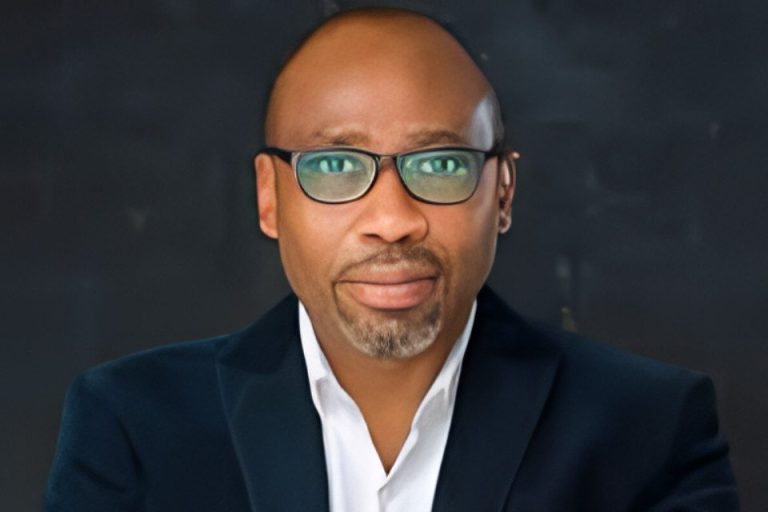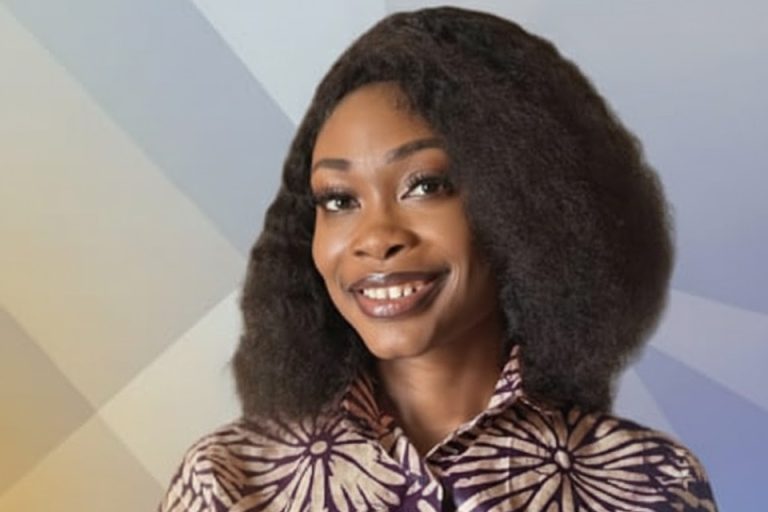The Director-General of the National Broadcasting Commission (NBC), Mr. Charles Ebuebu, has proposed the establishment of a Broadcasting Standards Tribunal as part of the regulatory framework for the broadcast sector in Nigeria to safeguard due process in the enforcement of professional and ethical standards.
In a goodwill message he delivered on July 8, 2025, in Abuja at the opening of a two-day Stakeholders’ Summit on Reform of the Broadcasting Legislative and Regulatory Framework in Nigeria, organized by the Centre for Media and Society (CEMESO), with the support of the European Union (EU) under the EU-Support to Democratic Governance in Nigeria (EU-SDGN), Mr. Ebuebu also suggested that Government-owned broadcasters should be transformed into truly independent public service media.
Speaking at the summit, he noted that “broadcasting remains one of the most visible reflections of our democratic values and national identity” but regretted that “the rules that govern it have not kept pace with the technological, social, and political shifts we now face.”
Mr. Ebuebu said although the NBC Act, enacted in 1992, opened the door to private participation and media pluralism, the “law was drafted before satellite broadcasting became widespread, before the internet reshaped communication, and long before social media, streaming platforms, and AI-generated content began to dominate public discourse.”
Stressing that “that world no longer exists”, he pointed out that “we are operating in a media ecosystem where content is created, distributed, and consumed across multiple platforms, instantaneously and often beyond national borders” and that the traditional distinctions between broadcaster, distributor, and audience have collapsed.
Mr. Ebuebu observed that new players have emerged, from video-on-demand platforms to social influencers, who operate outside the scope of the existing law and even within the traditional broadcasting sector, the NBC is constantly challenged to regulate in real time without the legal certainty that a modern broadcasting statute should provide.
In the light of this reality, he said, reform is no longer optional but urgent as a modern broadcasting framework is required to help the regulator do several things at once, including protecting democratic integrity in an era of misinformation and hyper-partisan content; providing legal clarity to operators navigating a converged media space; ensuring equitable access to quality public service broadcasting, especially for underserved populations; stimulating local content production, media entrepreneurship, and creative industry jobs; integrating audience measurement systems not just as market tools but as instruments of accountability; and harmonizing spectrum management and cross-platform content governance, especially with digital migration and AI disruption reshaping our operational realities.
According to him, the NBC has moved beyond a purely compliance-based posture as its vision is to become a facilitator of innovation and custodian of public trust.
Mr. Ebuebu said: “We are advocating for a legal framework that recognises the complexity of today’s broadcasting environment – tiered, data-driven, and often overlapping with telecom and tech regulation. We are calling for a structure that is adaptive, not static, able to respond to changes in technology and content consumption; smart and proportionate, balancing innovation with public interest oversight; supportive of co-regulation, engaging industry stakeholders in setting and enforcing standards; and grounded in rights and responsibility, upholding freedom of expression while countering harm and disinformation.”
He advocated for a framework that formally enables a Broadcasting Standards Tribunal to safeguard due process in enforcement; transforms state broadcasters into truly independent public service media; and incorporates ethical AI governance into content regulation.
Mr. Ebuebu also underscored the need to support community and regional broadcasters as foundational elements of media inclusion rather than as afterthoughts, noting that such platforms must be protected and empowered as they give voice to grassroots narratives, local languages, and underserved communities.
Describing the summit as a valuable milestone and the beginning of deeper institutional and public engagement, he insisted that “Reform cannot succeed if it is driven only from the top. It must reflect a collective understanding of what the broadcast media means to us as a society, culturally, politically, and economically.”
Stressing the NBC’s openness, engagement, and commitment to the process, Mr. Ebuebu pledged that the Commission will “continue to consult, to listen, and to incorporate credible, well-reasoned proposals into our legislative submissions.”
He also announced that NBC will be leading a nationwide stakeholder engagement to ensure that voices from states, local communities, women’s groups, creative industry professionals, and emerging digital actors are part of the conversation.
The Director-General said: “What we are doing here today has implications far beyond this room. We are laying the groundwork for how future generations of Nigerians will experience media – what they watch, what stories are told, and whose voices are heard. Let’s rise to the moment with boldness, clarity, and a shared commitment to national progress.”





